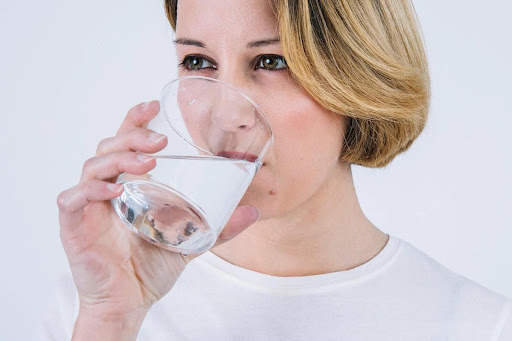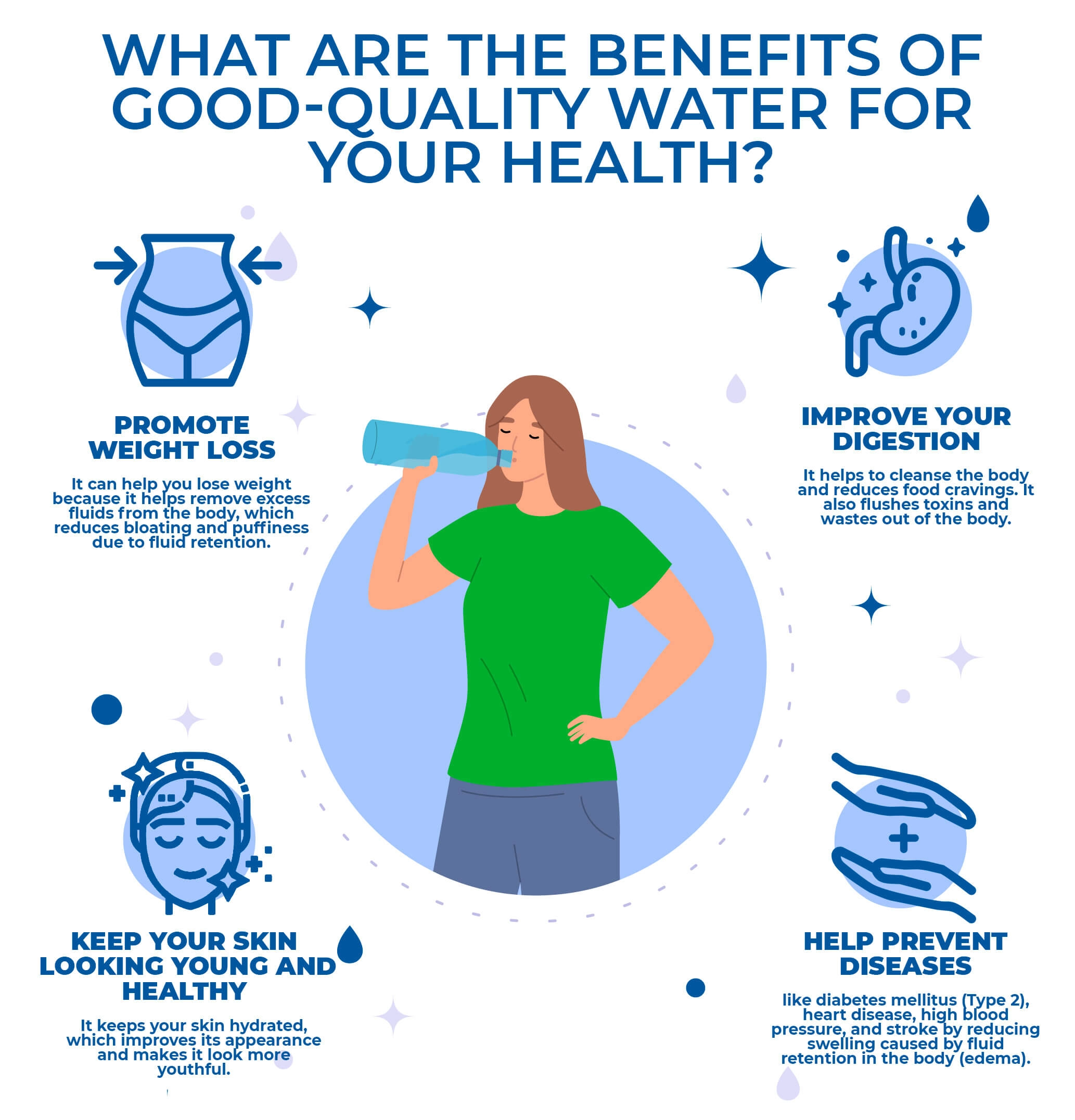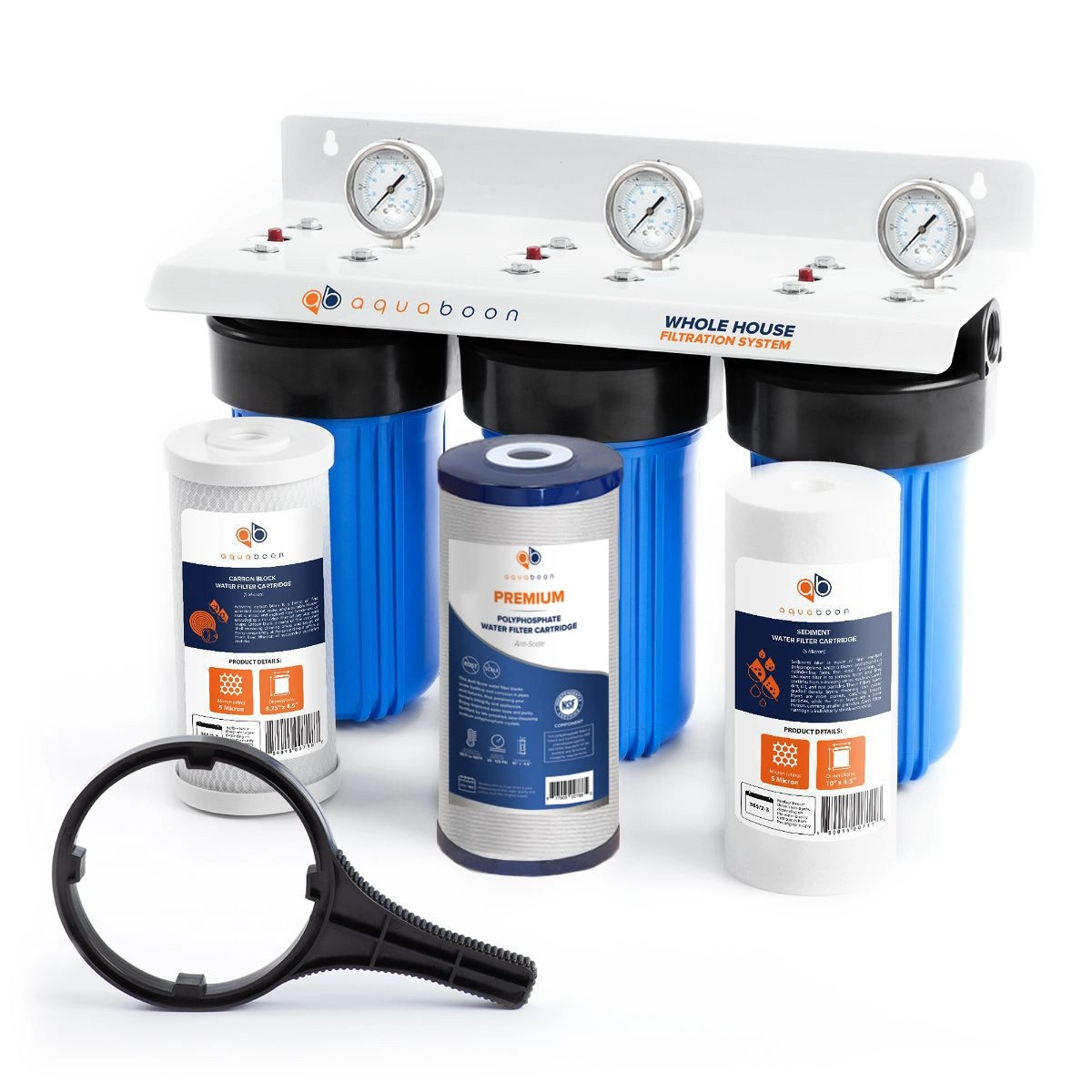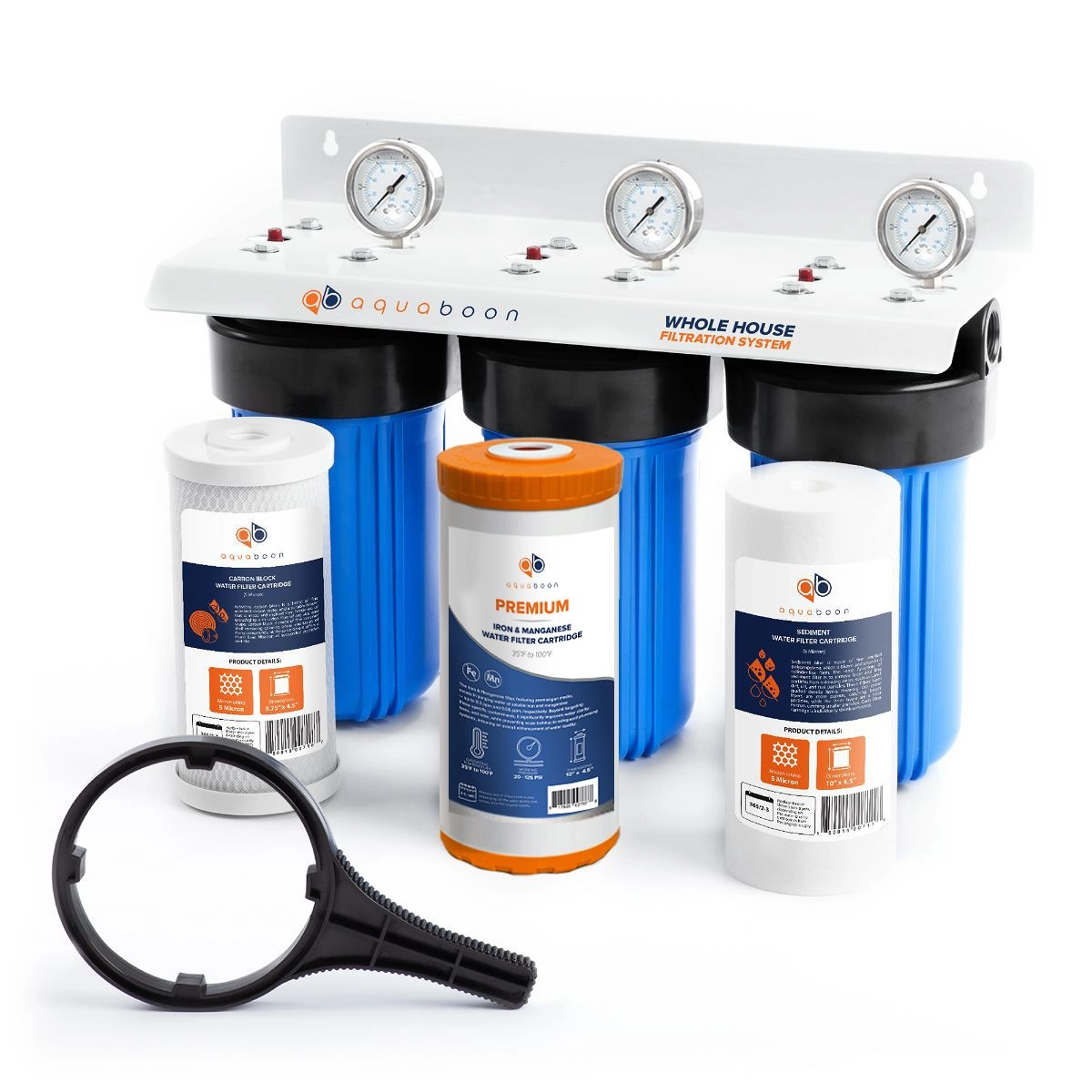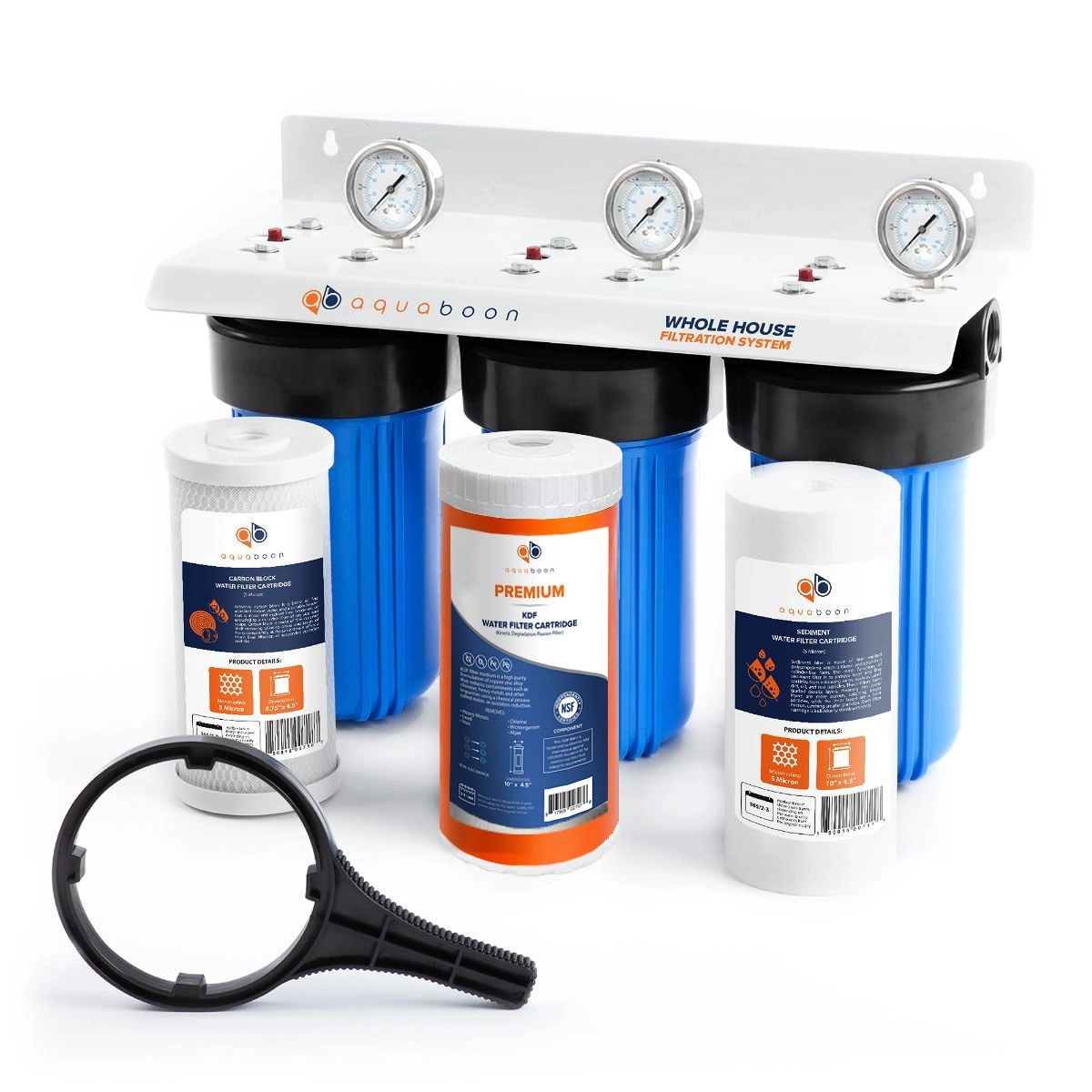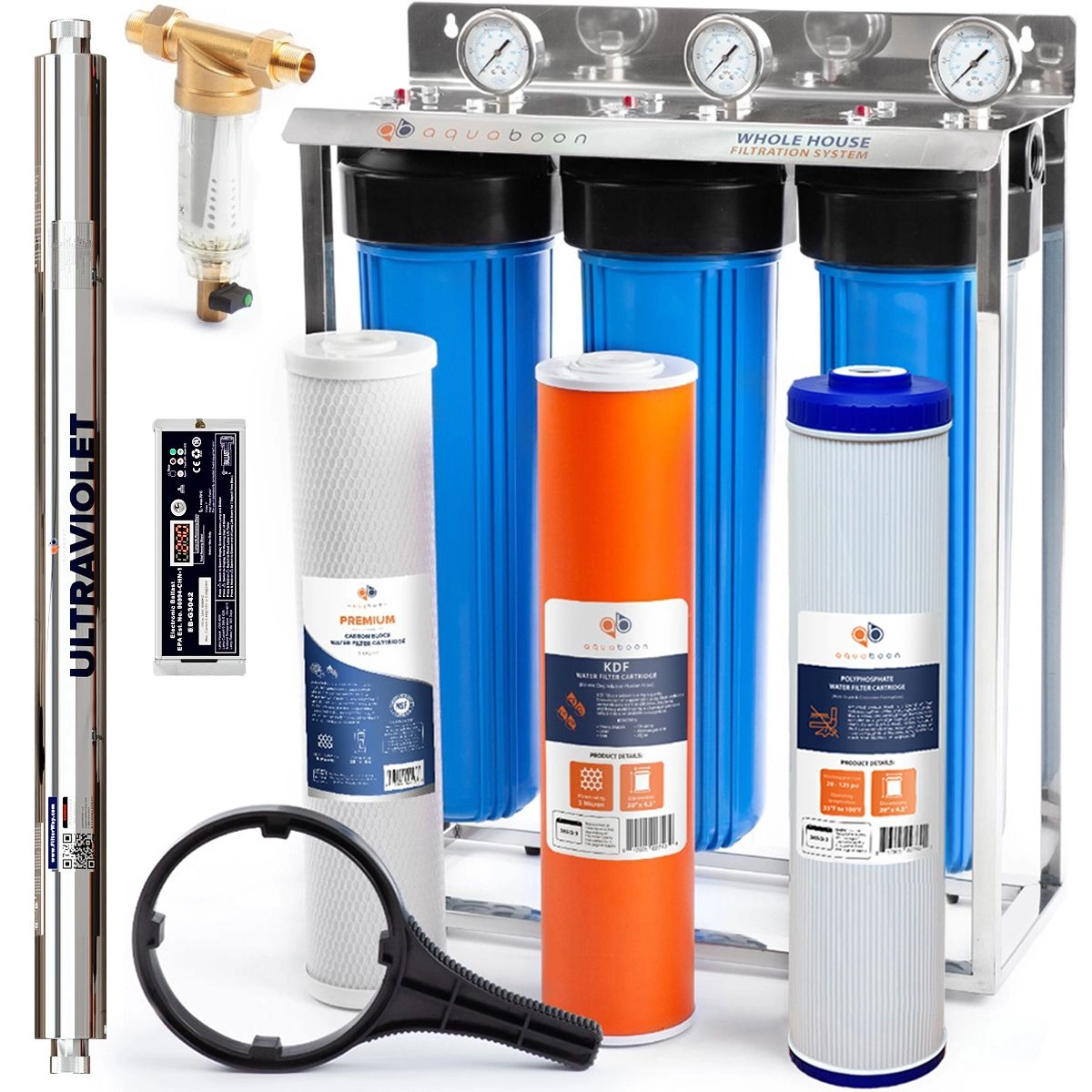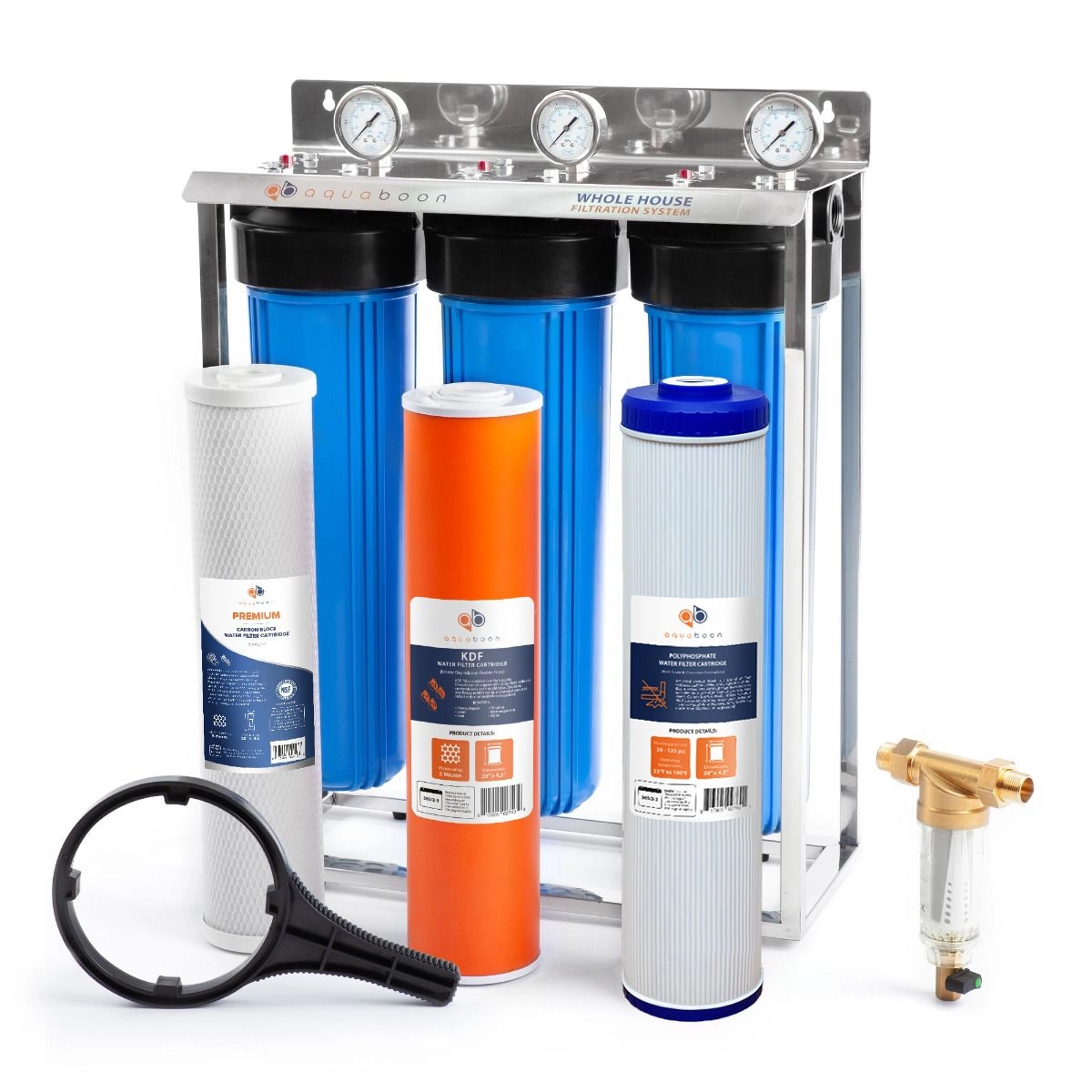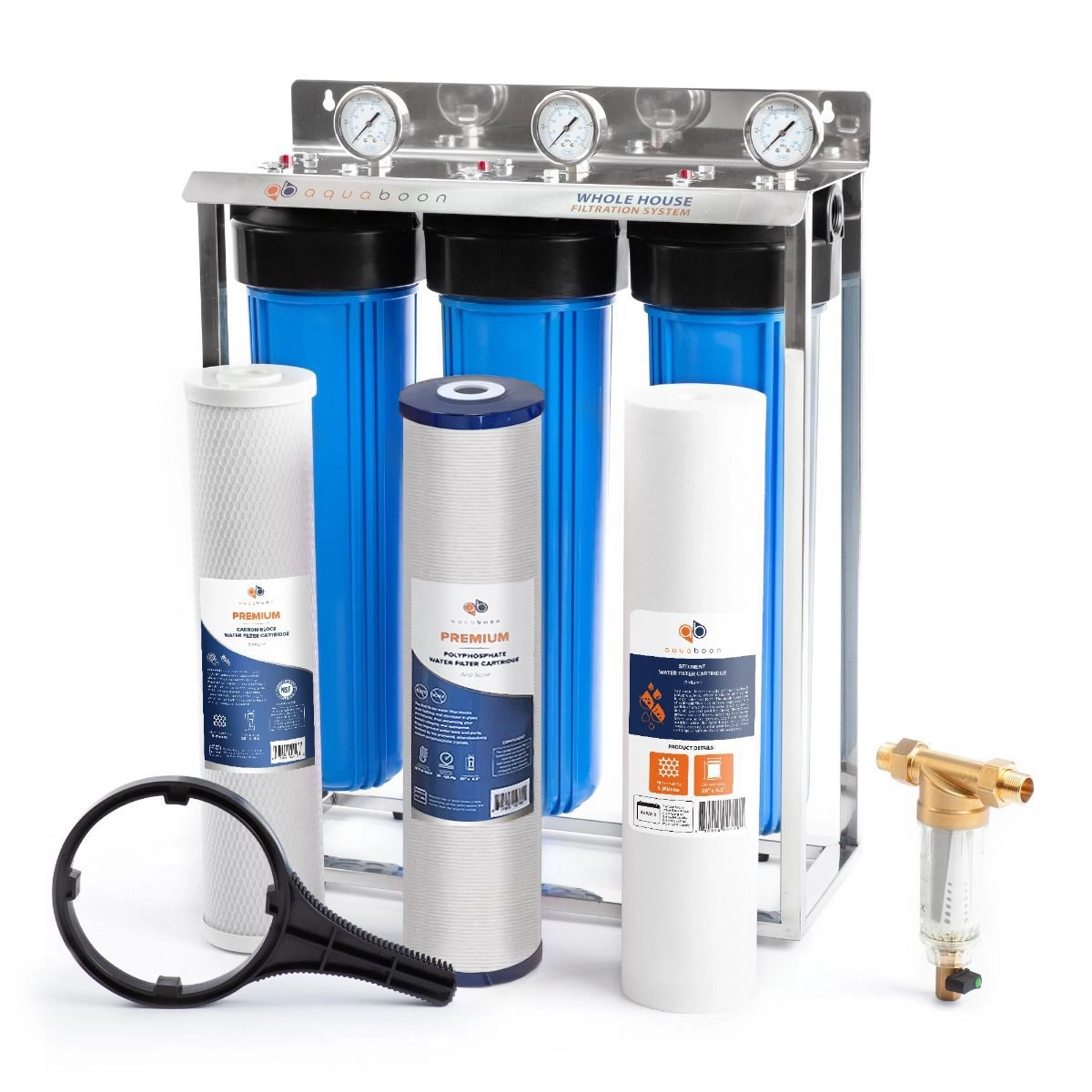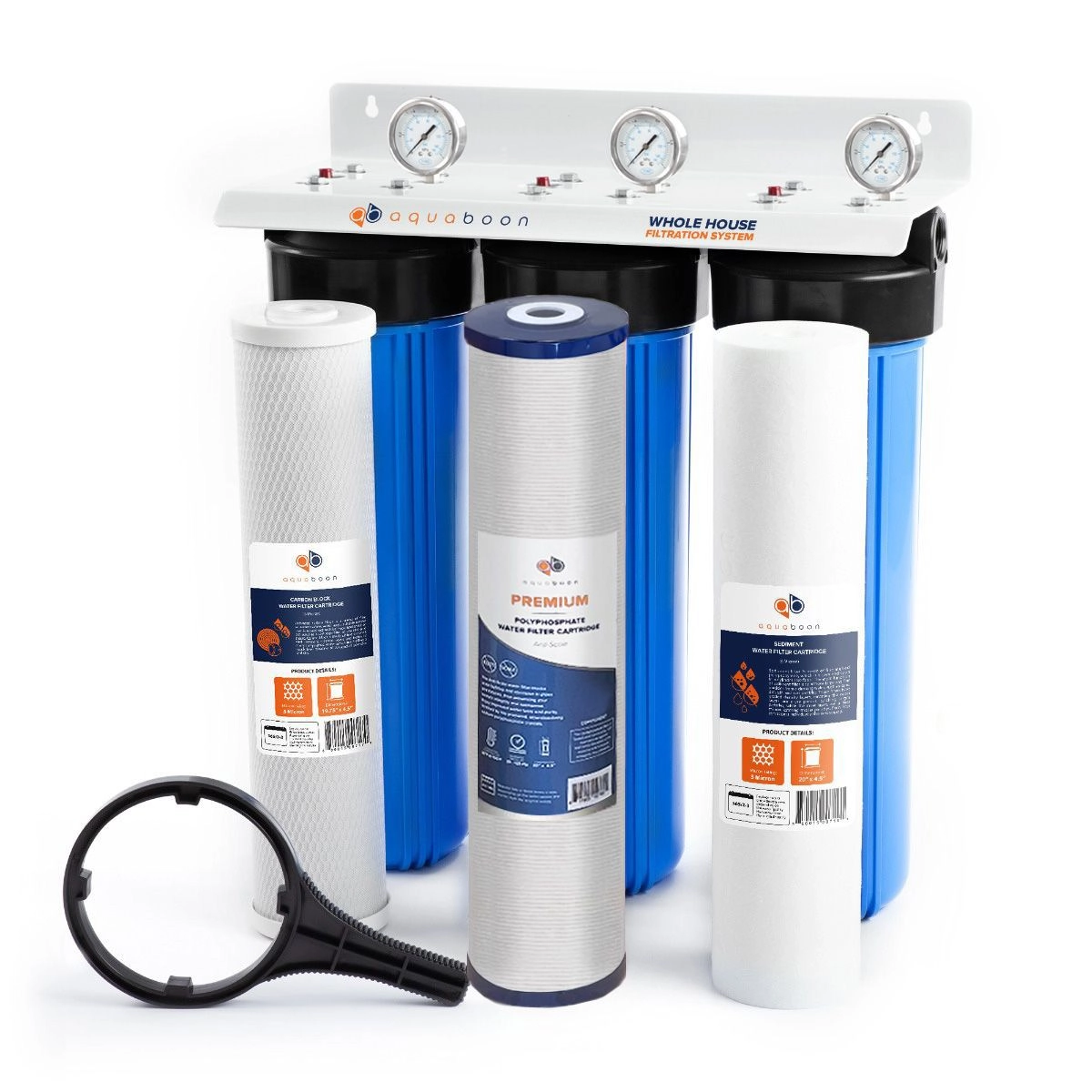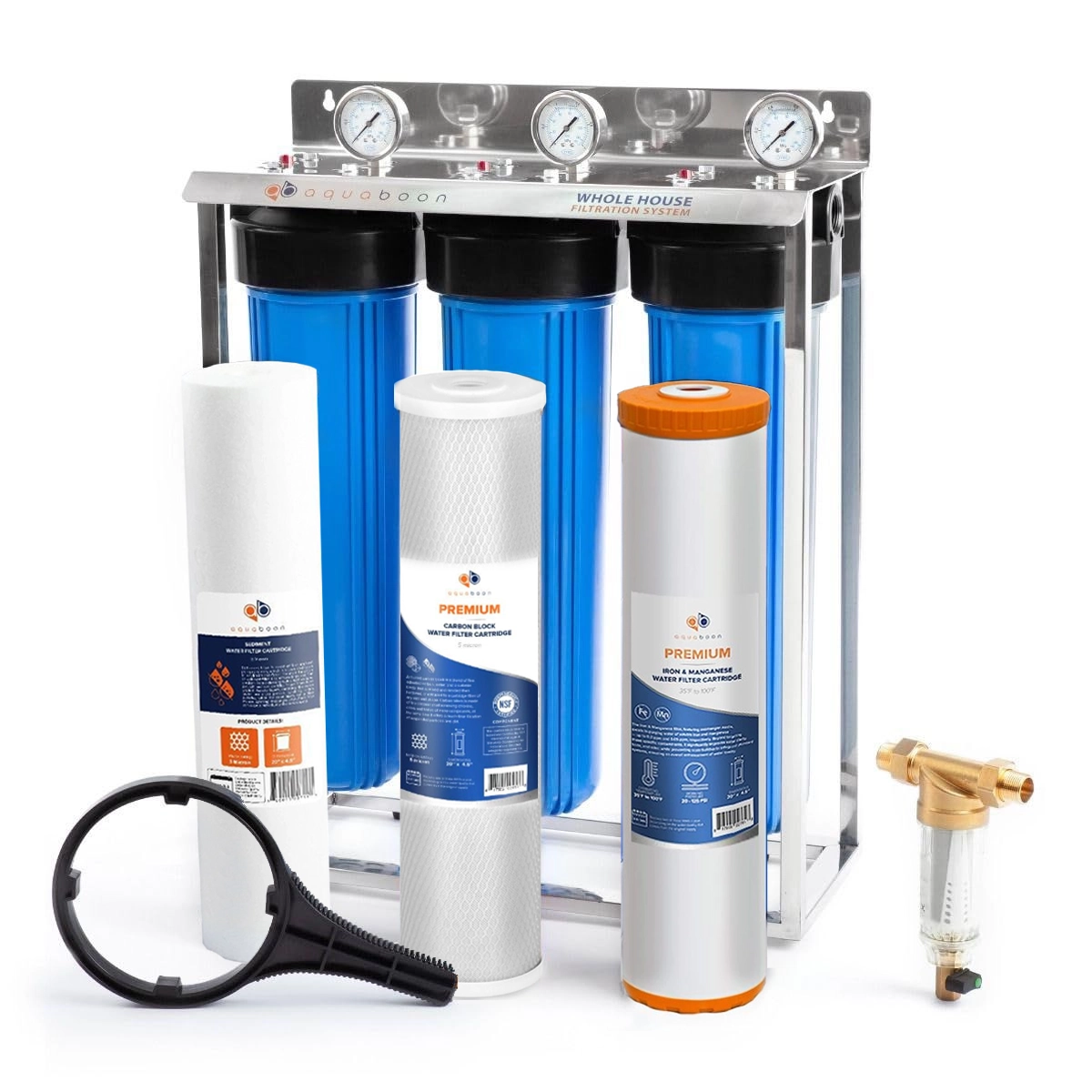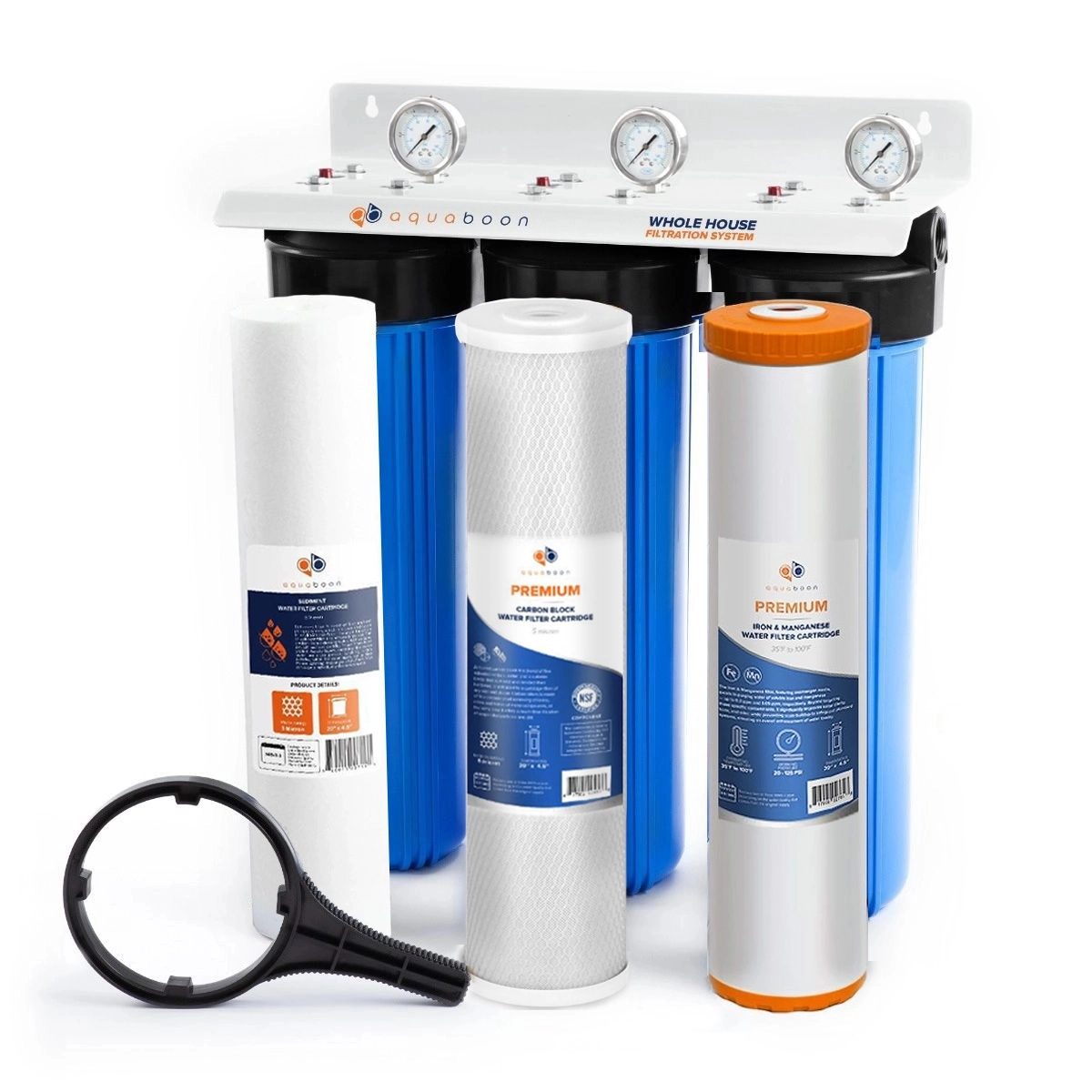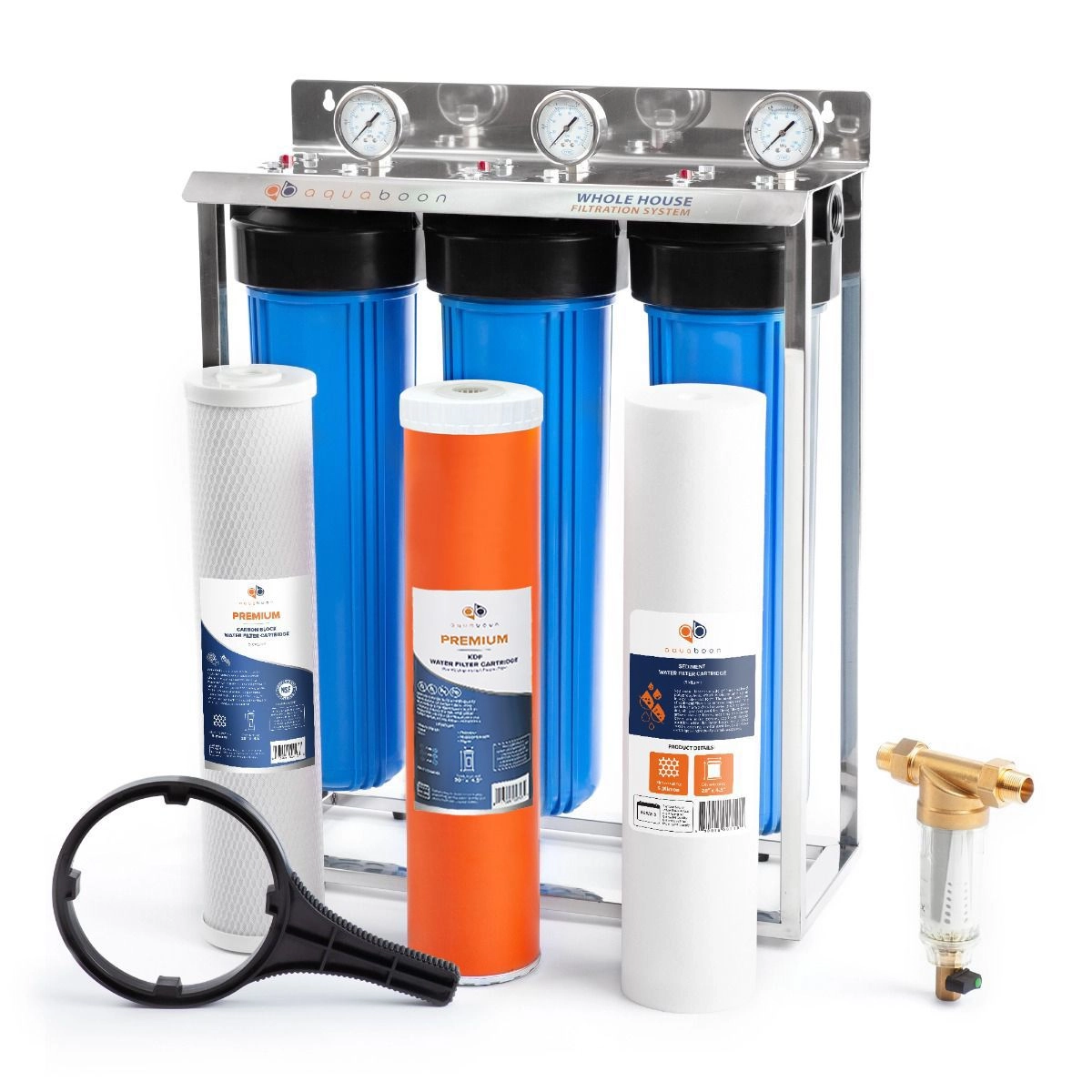How much water do you really need a day?
We all know that water is good for us. But how much water should you drink a day?
A lot of people think the correct daily drink water amount is eight glasses a day, as commonly advised.
But water hygiene specialists at Filterway say a more accurate recommendation on how many glasses of water to drink is:
- For men: Approximately 3.7 liters or 15.5 cups of fluids daily.
- For women: Approximately 2.7 liters or 11.5 cups of fluids daily.
Note that how many liters of water per day drink also depends on our diet. For example, food like fruit and vegetables are naturally high in water content. The rest comes from beverages like coffee and tea, which contain very little of the stuff.
Drinking water whenever you feel thirsty is usually enough to keep people hydrated, so it may be sufficient to drink less than the recommended amount of water in a day for some people. But others may require more.
The fact is that several factors can affect how much fluid you should be consuming:
- Environment: If you are living in the tropics, it is normal to drink more fluids than someone who lives in a temperate region. In the tropics, the weather is hot and sunny all year round and thus it's very easy to drink more fluids than usual.
- Exercise: If you exercise regularly and sweat a lot during your workout, then you will likely have an increased need for fluids. However, exercise should not be so intense that it leaves you exhausted in order to avoid dehydration or fatigue which can cause nausea, vomiting, and diarrhea, leading to dehydration.
- Overall health: If you have any health conditions or are taking medications that affect your body's ability to regulate its own fluid balance, then these factors may cause your total fluid intake to increase or decrease as necessary to keep your body functioning properly.
For example: if you are diabetic and have a poor diet, then you might have higher than normal needs for fluids due to the effects of low blood sugar levels on the kidneys' ability to regulate fluid balance in the body (and therefore urine output).
- Pregnancy and breastfeeding: Pregnant or breastfeeding women may require more fluids to stay hydrated.
How to create the habit of drinking enough water a day
If you're like most people, you probably don't drink enough fluid every day. It's easy to get caught up in the hustle and bustle of daily life and forget to stay hydrated. But staying hydrated is crucial for your health!
One of the best ways to make sure you're drinking enough fluid is to create a habit of it. Here are a few tips to help you get started:
- Keep a bottle of filtered water with you at all times. Whether you're at home, at work, or on the go, having a water bottle within reach will remind you to take a sip every now and then.
- Drink first thing in the morning. Starting your day with a glass of water helps jumpstart your hydration for the day ahead.
- Track your progress. Whether it's a tracker on your phone or a sticky note on your desk, seeing a reminder can be a great motivator to keep up the good work!
- Finally, try to drink water with each meal. Not only will this help you reach your daily water amount goals, but it will also help you stay hydrated throughout the day.
Is filtered water good for health?
Filtered water is the best way to hydrate your body.
A good filtration system helps to remove harmful substances from your fluid, including chlorine, metals like lead and mercury, fluoride, and other organic compounds.
For many years, bottled water was thought to be the best and healthiest way to get hydrated. But this can be an expensive solution and also adds to the pollution problem.
Additionally, plastic bottles commonly used in bottled drinks contain chemicals that can also leach into the liquid. Consumers can suffer adverse health effects from this plastic leachate. There is even some evidence that some chemicals in the plastic can cause cancer at certain levels of exposure, especially bisphenol A (BPA).
A better alternative is setting up a good filter for water system. This will ensure you and your family have clean, fresh-tasting water anytime you want it, and you won't have to worry about contaminants and impurities in your home supply.
Additionally, home filter systems are easy to install and maintain and typically very affordable, making them a great option for anyone on a budget.
Conclusion
Ultimately, it's best to listen to your body and simply drink whenever you feel thirsty—that way, you'll know that you're getting all the fluid that your body needs.
Everyone is different, and what works for you could be very far from what works for someone else. If you feel like you're not drinking enough, it doesn't hurt to increase your water intake.


